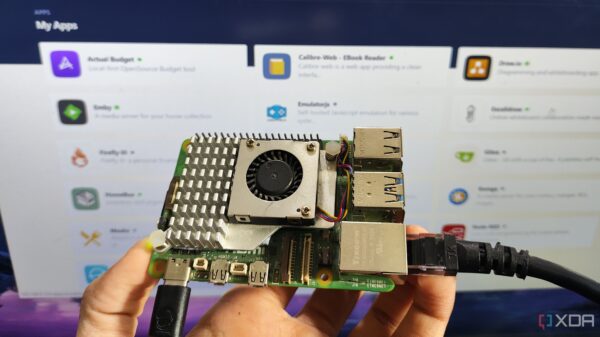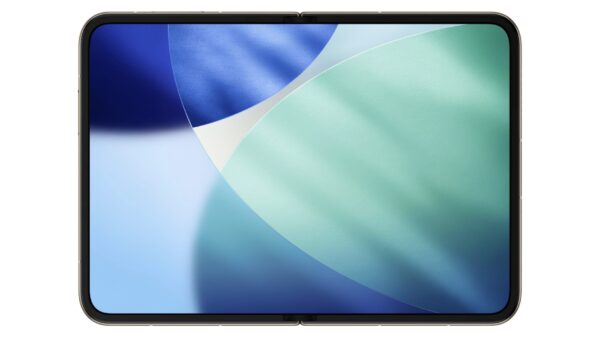UPDATE: Google has just unveiled the highly anticipated Pixel 10, an $800 Android smartphone that positions itself as the first true “AI phone.” The launch, which took place earlier today, showcases Google’s ambitious push into artificial intelligence, promising a more personalized and efficient mobile experience.
The Pixel 10, while visually similar to its predecessor, the Pixel 9, introduces significant upgrades that enhance daily usability. Key features include a robust 6.3-inch 120Hz OLED display with a peak brightness of 3,000 nits, a stronger Tensor G5 chip, and a larger 4,970mAh battery. The addition of a 10.8-megapixel telephoto lens with 5x optical zoom marks a notable improvement, despite some downgrades in main and ultrawide camera specifications.
What sets the Pixel 10 apart is Google’s integration of AI and its Gemini framework throughout the device. This shift represents a transformative step in smartphone technology, as users will encounter AI features that significantly alter how they interact with their devices. The latest Android 16 operating system includes a suite of AI tools aimed at simplifying tasks and enhancing productivity.
Despite its impressive features, the Pixel 10 is not without criticisms. Users may find the camera specifications a point of contention, as the main camera resolution has dropped from 50-megapixels to 48-megapixels, and the ultrawide from 48-megapixels to 13-megapixels. Many tech enthusiasts are questioning whether these changes justify the price point, especially since similar camera modules were found in the less expensive Pixel 9a.
As the tech landscape rapidly evolves, Google’s Pixel 10 emerges as a bold contender in the AI race. The device’s AI capabilities, such as the “Magic Cue” feature that proactively surfaces information from various apps, promise to enhance user experience. However, integrating such extensive AI may also overwhelm users, requiring a shift in how they have traditionally used smartphones.
With features like Voice Translate for real-time language translation during calls and “Help me edit” for easy photo modifications, Google aims to redefine smartphone functionality. However, privacy concerns loom large, as users must navigate their comfort levels with AI monitoring their interactions.
In the competitive realm of smartphones, the Pixel 10 stands out as a leader in AI integration, leaving many to wonder how its rivals, particularly Apple and Samsung, will respond. As the device hits shelves, users worldwide are eager to discover whether Google’s ambitious vision of an AI-centric phone can truly transform everyday life.
As this story develops, industry experts will be watching closely to see how consumers embrace these new features and the implications for future smartphone designs. The Pixel 10 isn’t just a new phone; it represents a pivotal moment in the evolution of mobile technology. Stay tuned for more updates as the tech world reacts to Google’s latest innovation.


































































